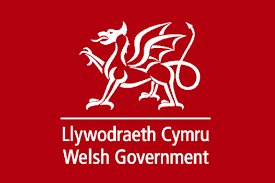Government seeks input on the next stage of the UK’s digital revolution
The development of a 5-year Digital Strategy for the UK is underway. Last week, the Government announced a public and industry consultation on how the UK’s digital revolution “can be taken to the next stage???.
Some elements of the Strategy were already announced in the Productivity Plan published in July 2015 and outlined in the techUK Manifesto published in September 2014 Securing our Digital Future: the techUK manifesto for growth and jobs 2015-2020 in which techUK called on Government to develop a single digital strategy and provide strong leadership to mobilise and coordinate delivery across the public and private sector.
According to the Digital Economy Minister Ed Vaizey, making the UK a “truly Tech Nation??? will require the following actions:
- Unlocking digital growth – through the completion of the EU Digital Single Market and support for businesses to ensure that they can make the most of the digital revolution
- Transforming Government – by digitalising Government services further
- Transforming day to day life – by encouraging innovation in the education and health sectors and in new technologies with the potential to affect daily lives
- Building the foundations – by meeting the targets for the rollout of superfast broadband to 95% of premises by December 2017 (the Government recently announced that this target was on track with 3.5million homes now covered), by implementing a new scheme aimed at ensuring that the hardest-to-reach areas have access to at least 2Mbit/s thanks to a subsidised satellite offer, by introducing a Universal Service Obligation to give people the right to request a broadband connection of 10Mbit/s, by implementing the National Cyber Security Programme and by ensuring that digital skills are at the heart of the educational system.
The Broadband Stakeholder Group will continue to provide input on all aspects of the Strategy, but in particular with regard to the development of a USO.
Thoughts and ideas can be sent to [email protected] – the consultation closes on Tuesday 19 January.
More information on the consultation can be found here.





